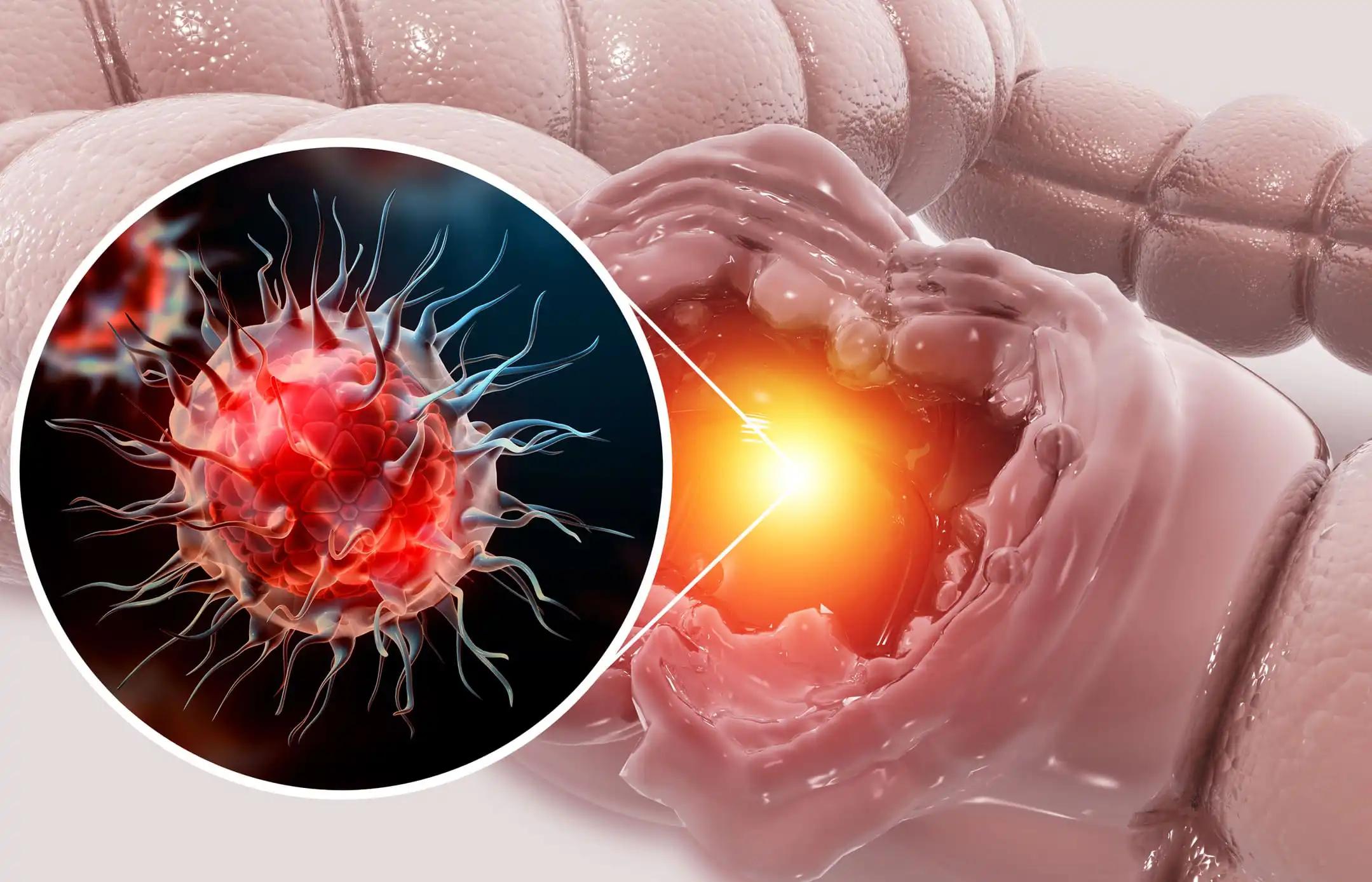KEY TAKEAWAYS
- In this phase 2 study, futibatinib was administered to patients for intrahepatic cholangiocarcinoma and disease progression after lines of systemic therapy.
- The study found that 42% of patients had a response to futibatinib, and the median duration of response was 9.7 months.
- The study also found that at a median follow-up of 17.1 months, the median progression-free survival was 9.0 months, and overall survival was 21.7 months.
- The most common treatment-related grade 3 adverse events were hyperphosphatemia, an increased aspartate aminotransferase level, stomatitis, and fatigue.
- Futibatinib may provide a safe and effective treatment option for patients with FGFR2 fusion or rearrangement-positive intrahepatic cholangiocarcinoma who have already undergone one or more lines of systemic therapy.
Intrahepatic cholangiocarcinoma is a rare disease with a dismal prognosis that has recently been linked to alterations in fibroblast growth factor receptor 2 (FGFR2). Antitumor effectiveness in patients with FGFR-altered malignancies and strong preclinical activity against acquired resistance mutations associated with ATP-competitive FGFR inhibitors are observed with the next-generation, covalently binding FGFR1-4 inhibitor, futibatinib.
Patients who had unresectable or metastatic FGFR2 fusion-positive or FGFR2 rearrangement-positive intrahepatic cholangiocarcinoma and had progressed on one or more prior courses of systemic therapy were enrolled in this international, open-label, single-group, phase 2 research (excluding FGFR inhibitors). Patients were given continuous dosing of 20 mg of oral futibatinib once daily. The primary endpoint was the objective response (partial or total response) as determined by central, independent evaluation.
The duration of the response, progression-free survival, overall survival, safety, and patient-reported outcomes were secondary end goals. 103 patients were enrolled and given futibatinib between April 16, 2018, and November 29, 2019. The median response length was 9.7 months, and 42% (32-52) of patients responded. In addition to older persons and those with coexisting TP53 mutations, patients who had received intensive pretreatment for their condition also responded favorably to the treatment. Overall survival was 21.7 months at a median follow-up of 17.1 months, while progression-free survival was at a median of 9.0 months.
Around 30% of patients experienced hyperphosphatemia, 7% experienced elevated aspartate aminotransferase levels, 6% experienced stomatitis, and 6% experienced weariness as a grade 3 adverse event associated with treatment. The futibatinib treatment was permanently stopped in 2% of patients due to treatment-related side effects. None of the patients died as a result of their treatments. The standard of living remained high while receiving therapy. Covalent FGFR inhibitor futibatinib improved clinical outcomes in previously treated patients with FGFR2 fusion or rearrangement-positive intrahepatic cholangiocarcinoma.
Source: https://pubmed.ncbi.nlm.nih.gov/36652354/
Clinical trial: https://clinicaltrials.gov/ct2/show/NCT02052778
Goyal, L., Meric-Bernstam, F., Hollebecque, A., Valle, J.W., Morizane, C., Karasic, T.B., Abrams, T.A., Furuse, J., Kelley, R.K., Cassier, P.A., Klümpen, H.-J., Chang, H.-M., Chen, L.-T., Tabernero, J., Oh, D.-Y., Mahipal, A., Moehler, M., Mitchell, E.P., Komatsu, Y. and Masuda, K. (2023). Futibatinib for FGFR2-Rearranged Intrahepatic Cholangiocarcinoma. New England Journal of Medicine, 388(3), pp.228–239. doi:https://doi.org/10.1056/nejmoa2206834.



